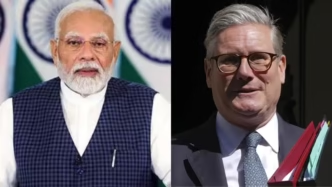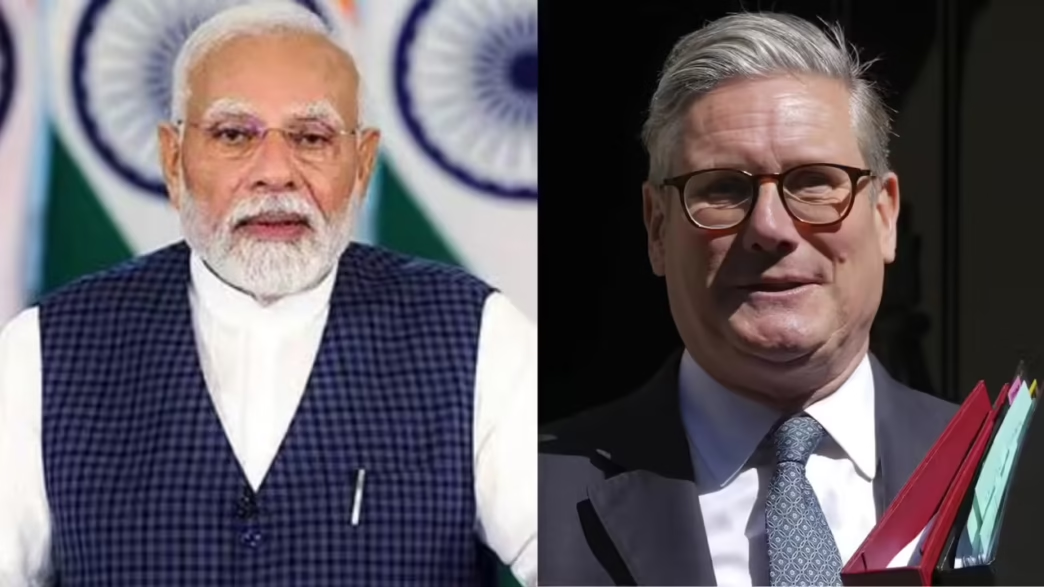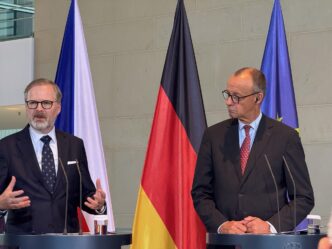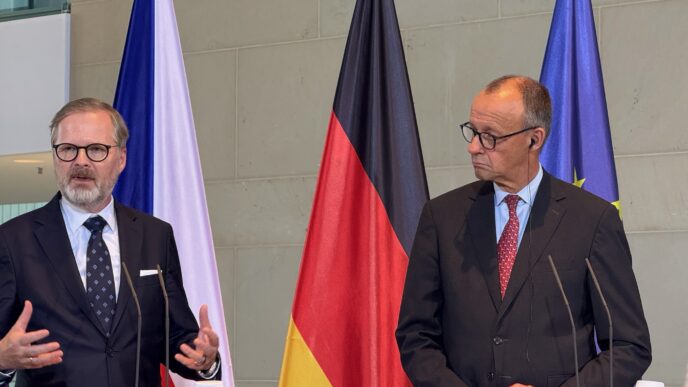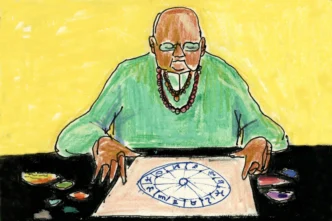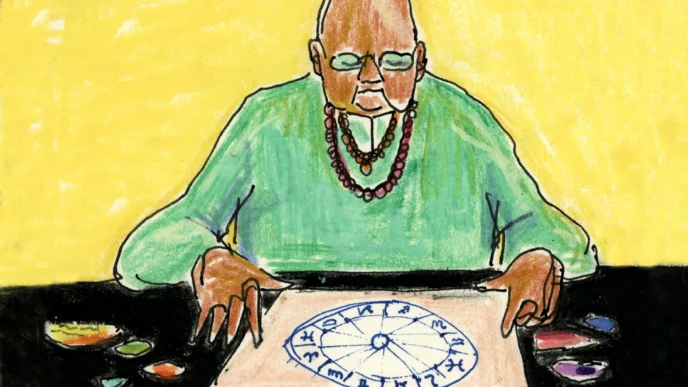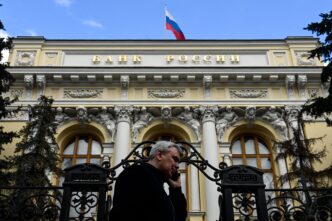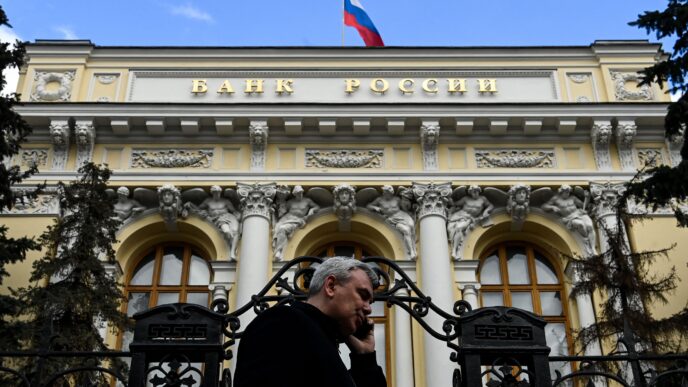In a significant milestone for international trade, the United Kingdom and India have officially concluded negotiations on a comprehensive Free Trade Agreement (FTA), aimed at slashing tariffs, reducing non-tariff barriers, and fostering deeper economic cooperation between the two nations.
Announced jointly by UK Prime Minister Rishi Sunak and Indian Prime Minister Narendra Modi, the agreement is set to open new avenues for trade in goods, services, and investment. The deal is expected to significantly benefit sectors such as pharmaceuticals, automobiles, textiles, technology, and financial services.
Key highlights of the agreement include:
- Tariff reductions on a wide range of goods, including Scotch whisky, cars, machinery, textiles, and agricultural products.
- Improved market access for service industries, including legal, financial, and digital services.
- Stronger IP protections and digital trade regulations, aligned with global standards.
- Simplified customs procedures, enhancing the ease of doing business for exporters and importers on both sides.
The deal marks the UK’s most ambitious bilateral trade pact since Brexit and positions India as a key strategic partner in the Indo-Pacific region. British officials estimate the agreement could add over £3 billion annually to the UK economy, while Indian businesses are expected to gain broader access to European markets via London.
Both governments emphasized their commitment to a “rules-based international trading system” and described the FTA as a blueprint for future trade relations with other emerging markets.
The agreement still requires final ratification by both parliaments but is expected to come into effect by early 2026.


